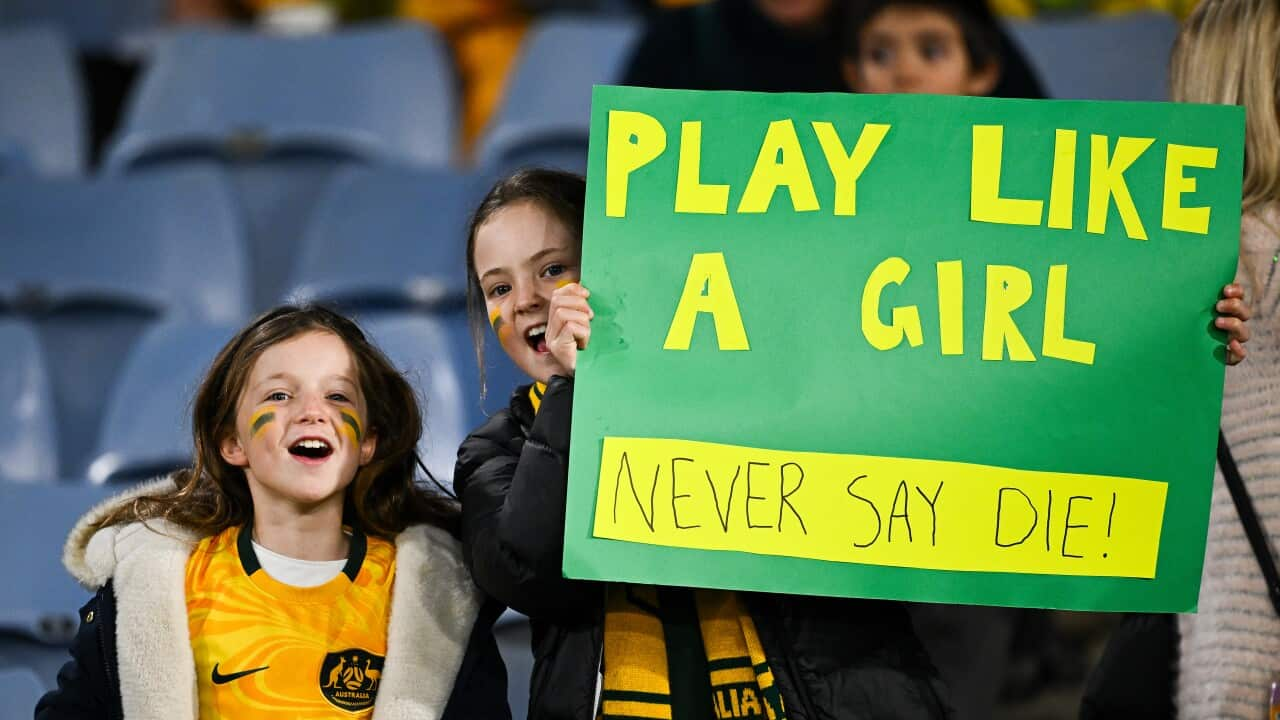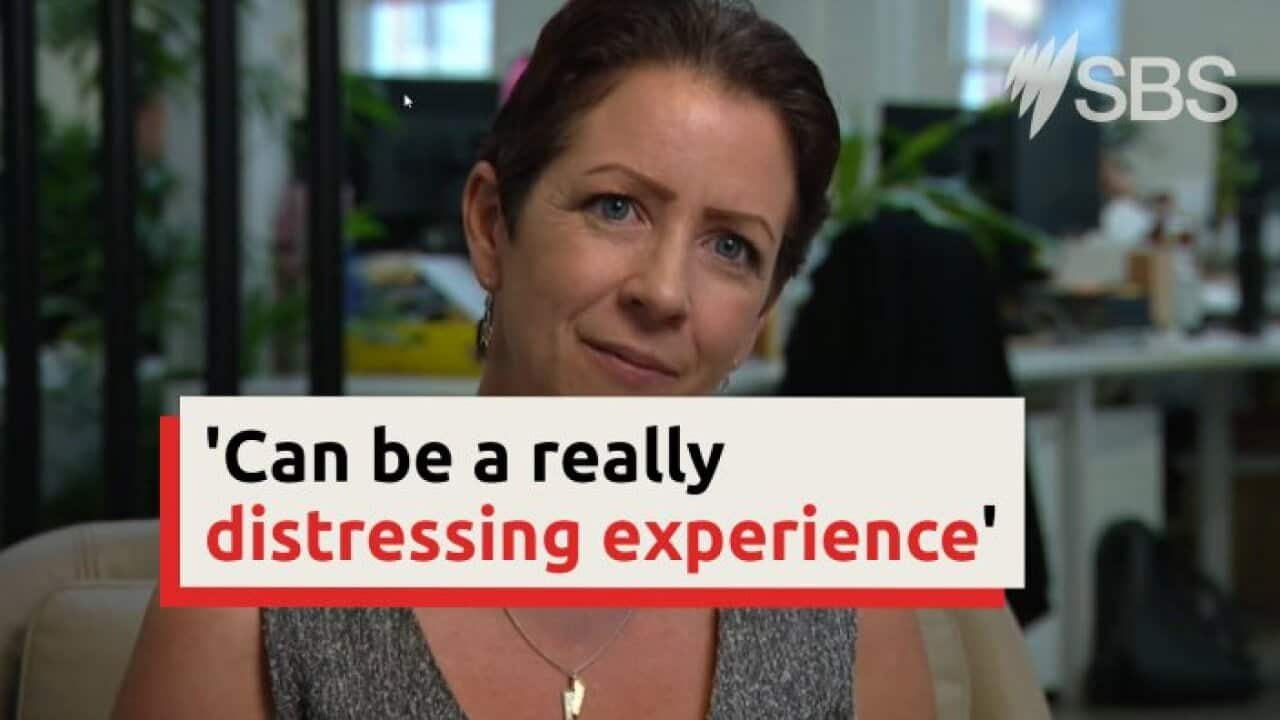Melissa Haberfield knows how hard it can be to pursue a career in elite sport.
She had wanted to be a professional athlete, but now works as a physiotherapist in the AFLW.
"Working at this elite level is the sports physio dream when you didn’t make it as an athlete yourself," she said.
But even at the top of her field, the physio of 16 years says it is a hard road for women working in sport and exercise medicine.
"Everyone I know in women's sports across the board has to have another job to survive," she said.
"For example, when I was a head physio, I was working full time and had to have a side hustle working nights and weekends."
Haberfield has also experienced sexism in the industry.
"I have experienced it in certain ways, and I know others have as well. I know several women with children who are asked at interviews 'how will you manage this job with your children?'"
"I have been asked to do unpaid cover in men's programs and told 'oh it will be great experience'."
"I know women who are worried that if they get pregnant there won't be a job for them anymore."
Harassment and sexism: The key findings from new Australian research
Women working in elite sport and exercise medicine (SEM) experience significantly more gender harassment, infantilisation and questions about family and gender when compared to their male counterparts.
Haberfield, who is also a member of the Australian Physiotherapy Association and a La Trobe University researcher, was behind a new survey of over 200 current and former SEM practitioners.

The survey captured sport and exercise medicine practitioners' experiences of gender harassment.
"Women SEM physicians worldwide perceive significantly more disrespectful attitudes, have their judgement questioned and are sexually harassed more than their men counterparts."
Women were four times more likely than men to say their gender or sexual orientation was a barrier in elite sport.
"A lot of recruitment processes are informal and about who you know, which is much harder for women who make up a minority in leadership positions," Cowan explained.
"And makes it particularly hard to get a much better-paid role in a men's team."
"Men are also more likely to work with men athletes, reflecting their dominance in Australian SEM roles, and roles with men’s teams are commonly considered more prestigious and are better paid."
Twenty per cent of women who experience sexual harassment feel supported to speak up in the workplace compared to 70 per cent of men, the study indicated.
Additionally, 50 per cent of current male physios reported receiving sexist comments.

Women were far more likely to have negative experiences at work due to their gender and family status.
Women doing more unpaid work than men
Women also did a lot more unpaid hours than their male counterparts.
"In elite sport, there's an idea that to get anywhere you have to do a lot of work for free and go above and beyond," Cowan said.
"But we know women do a lot more unpaid work as a percentage of paid work when compared to men, about 30 per cent more.
"There's an expectation you attend certain events that aren’t paid such as trainings or other things."
The report said: "Whilst some of these barriers also present challenges for men, the impact of those barriers is disproportionately greater for women who spend twice as much time as men undertaking childcare and unpaid household work."
What did survey respondents say?
The survey had 223 participants who have worked in elite sport — with an almost equal number of men and women taking part.
Excerpts from some of the participants have been published.
"Males are always thought to have more expertise than females regardless of their experience. Males are paid more than females. Males have more opportunities than females. It is difficult to have a family as a female and retain your position, or you feel like you can't have a family otherwise you won't get a position." — 34-year-old woman.
"I am a white heterosexual male and accept a decent percentage of my career success is due to privilege that others may not have had." — 52-year-old man.

Senior research fellow at La Trobe Sport and Exercise Medicine Research Centre Sallie Cowan said more research is needed to better understand the issues women are facing in elite sport. Credit: Supplied
"I have in the past felt a bias towards 'women work with women's teams and men work with men's teams'. In general, in the AFL system, the sports med team is paid approx 50 per cent less than the men’s program staff." — 30-year-old woman.
"You have to work twice as hard as a female to show that you are competent." — 44-year-old woman.
What can change?
Cowan said the longstanding gender inequity and harassment in the SEM workplace must be acknowledged, and organisations need to do better to break the cycle, so the pattern is not repeated for future generations.
The report makes several recommendations, including setting targets for gender equality and establishing formal and transparent recruitment processes.
It also stresses the need to recognise and address gender harassment in the workplace.
"It's been great to see women's sport professionalising its athletes," Haberfield said.
"The staff need to be brought along on the journey and not left behind."













